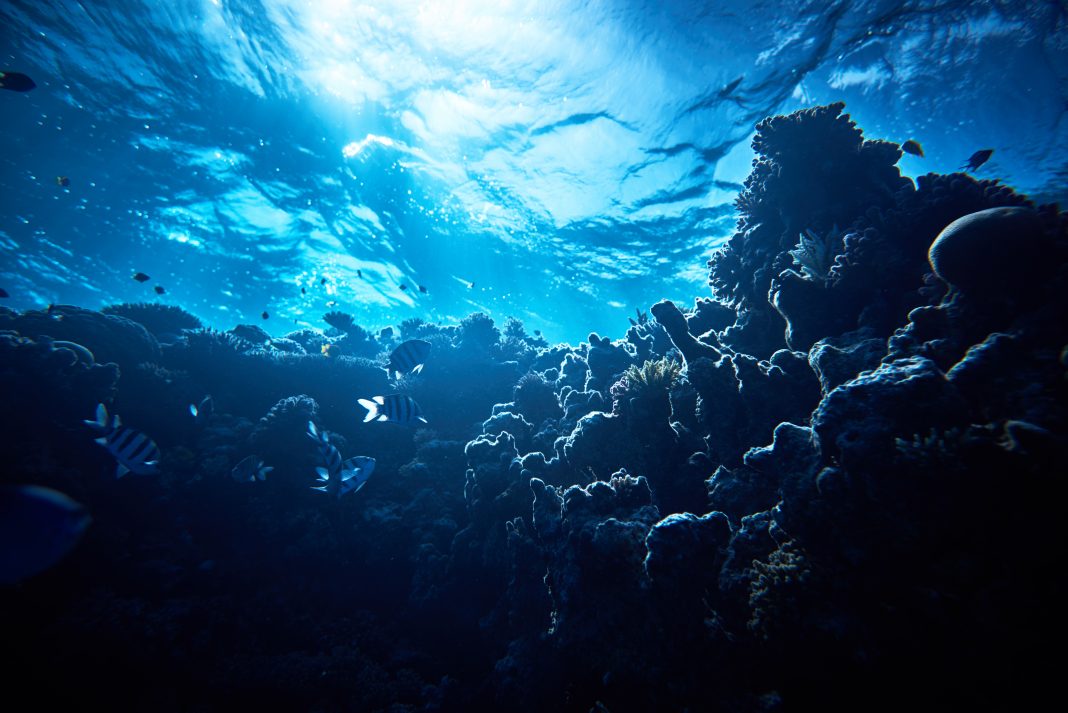Jared Low, Project Manager at MMA Global Aqua, talks about his first impressions at the subsea mapping company and his predictions for the company’s future
My name is Jared, I’m 31 years old, and I originally come from Indonesia. After graduating from university, I started working for Oceaneering in the ROV division for about eight years, thus I have very limited survey-related knowledge. I left Oceaneering and subsea mapping company MMA Global Aqua found me to join their team in Taiwan. Renewable energy is such a big development in Taiwan and going forward, I think globally, it’s going to be a major change to the energy industry as well.
As MMA Global Aqua specialises in survey and mapping technology, my experience in ROV provides a different perspective for the company. At the same time, I can gain knowledge about survey technology from my fellow colleagues.
Could you talk about Global Aqua’s vision?
The vision of MMA Global Aqua going forward is to have greater exposure and provide more integrated subsea mapping services. I believe that’s the reason they’re bringing people in from different backgrounds and with different skillsets into the company. I believe they saw the value in me having to come from an ROV background because the vessel that MMA Global Aqua has here, MMA Crystal, does have an ROV on board and I can provide some valuable insights on ROV-related matters that they might not be familiar with. Hopefully, in this approach, we, as MMA Global Aqua, can provide more integrated services to the client in Taiwan.
What do you think the way forward is in terms of getting more exposure as a company?
In the past few years, MMA Global Aqua has been working for local clients and local jobs. Many local Taiwanese companies are bidding for jobs and getting the environmental impact assessment done.
Most of our current projects will remain inside the Taiwan territory in the next year or so, but we are beginning to slowly see more foreign-based clients are part of the windfarm industry players in Taiwan. Big energy companies are also starting to become aware of the existence of MMA Global Aqua. I think that’s a step forward in making a name for this company inside Taiwan and in the future, of course, outside Taiwan as well.
Could you talk about some of the projects that Global Aqua delivered in 2022?
I’m new to the subsea mapping company, so I’m unable to verify how much each project contributed to the revenue and how long it was, but as far as I am aware, there were about nine major projects, and we garnered about $5.3 million in revenue last year.
Going forward in 2023, I believe we have between 13-15 potential projects in the pipeline.
What kind of projects do you work on specifically?
90% of our projects are on geophysical survey mapping as part of our client’s plan for wind farm construction and development. We want to observe and analyse the seabed topography and whether there are any obstructions before the installation or construction commences.
What do you think the benefits and drawbacks are of a small company versus a much larger company?
Aside from having a smaller footprint, I think the benefit of a small company is that we have a smaller team.
A smaller team comes with additional benefits and drawbacks. A small team means you’ve got stronger teamwork and synergy between people. The key personnel are on one single floor. There are about ten of us in the office – excluding surveyors and data processing team. We can communicate very easily towards one another, between commercial, operations, project teams, etc. Drawbacks, I would say, being in a small company is not everything is standardised. There’s still some adapting for me to do, and I can see the company is moving forward and stepping up higher for standardisation, and quality improvement to the services we provide to our clients.
What’s new at the moment?
The season hasn’t started, so we’re currently in the midst of preparing any potential subsea mapping projects that are going to come. I think the earliest window of better weather conditions would be in April onwards. But of course, if the weather improves in March, I think some clients would want us to start earlier. We recently resumed suspended work from last year because of the monsoon season at the end of 2022.
What are you most looking forward to at Global Aqua in 2023?
I would love to see more diversity in terms of the projects. I do realise that there are a lot of geophysical surveys, but in order to gain more exposure in a new role at a faster pace, in a new company, and in a new industry, being exposed to different types of projects would help to accelerate my progress, I would say, and experience.
Within the sector, is there anything that you’re particularly passionate about?
My passion has been in renewable energy. I strongly believe that is why I decided to take up this role coming from the previous company. In Oceaneering ROV, despite being an indirect upstream contributor, it was all about oil, natural gas and fossil fuels. Although we didn’t directly deal with the production of fossil fuels, we were involved in a certain stage, and that made us partly responsible for CO2 emissions. Whereas now, what I’m most excited about is our future involvement in developing renewable energy. I do understand the development of wind farms in Japan and South Korea, thus, hopefully, we can emerge into those markets as well.

This work is licensed under Creative Commons Attribution-NonCommercial-NoDerivatives 4.0 International.


